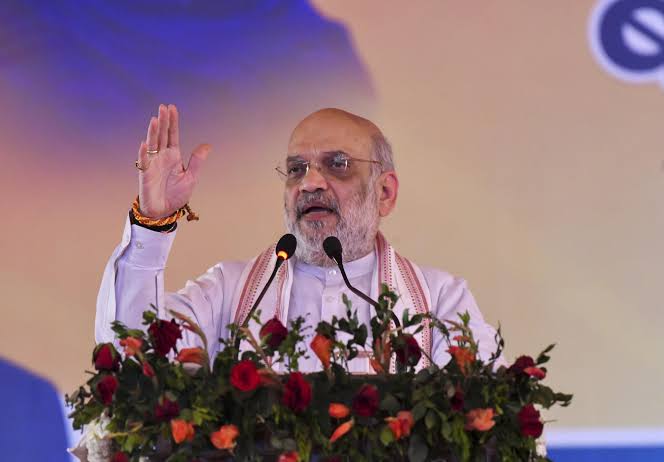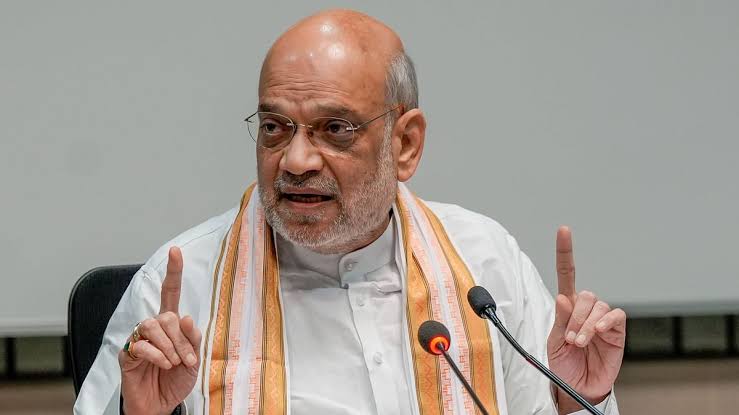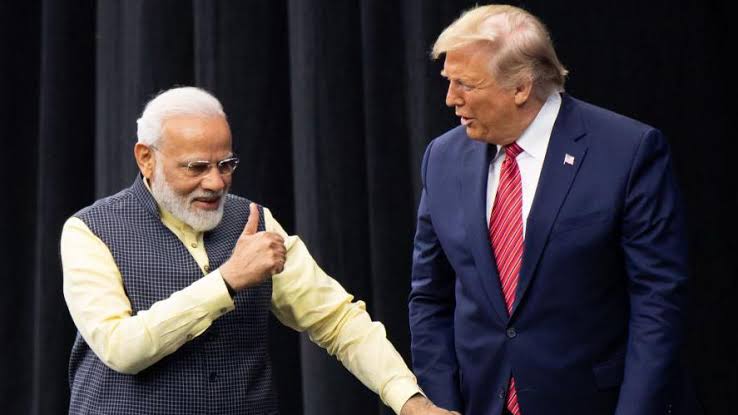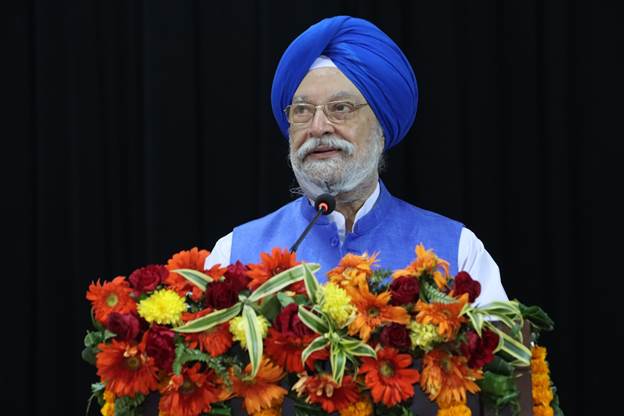Union Home Minister and Minister of Cooperation, Shri Amit Shah, addressed a state-level cooperative conference in Bhopal, affirming the central government’s strong commitment to rejuvenating the cooperative sector in Madhya Pradesh. In the presence of Chief Minister Dr. Mohan Yadav, State Cooperation Minister Shri Vishwas Sarang, and senior officials, Shri Shah laid out a comprehensive vision for empowering farmers and strengthening rural economies through cooperative frameworks.
 Emphasizing that the cooperative movement had long suffered from neglect and outdated laws, Shri Shah credited Prime Minister Narendra Modi’s visionary step of creating a dedicated Ministry of Cooperation as a turning point. He highlighted how this ministry, despite constitutional limitations, has been instrumental in reviving Primary Agricultural Credit Societies (PACS) and expanding their services. From offering basic loans, these societies now provide over 20 essential services such as railway ticket booking, bill payments, and even gas and fertilizer distribution, creating a one-stop solution for rural residents and boosting local incomes.
Emphasizing that the cooperative movement had long suffered from neglect and outdated laws, Shri Shah credited Prime Minister Narendra Modi’s visionary step of creating a dedicated Ministry of Cooperation as a turning point. He highlighted how this ministry, despite constitutional limitations, has been instrumental in reviving Primary Agricultural Credit Societies (PACS) and expanding their services. From offering basic loans, these societies now provide over 20 essential services such as railway ticket booking, bill payments, and even gas and fertilizer distribution, creating a one-stop solution for rural residents and boosting local incomes.
Shri Shah also spoke about the massive digital transformation in the sector, noting that PACS across India have been computerized with an investment of ₹2,500 crore. Madhya Pradesh has emerged as a national leader in this effort, with PACS now functioning in 13 languages and offering services tailored to the local population. This digitization, along with online audits and NABARD integration, has brought transparency and accessibility to grassroots cooperatives.
A key highlight of the event was the signing of a Memorandum of Understanding (MoU) between the National Dairy Development Board (NDDB) and the Madhya Pradesh Cooperative Dairy Federation (MPCDF). Shri Shah pointed out that although the state contributes significantly to the country’s milk production, the share of cooperatives remains minimal. The new MoU aims to change this by expanding cooperative dairy reach from just 17% of villages to a target of 83%, ensuring fair prices and timely payments to farmers. The vision includes not just milk collection, but also value addition through products like cheese, curd, and buttermilk, thus increasing farmers’ profits.
In a heartfelt message, Shri Shah stressed that the government’s goal is to ensure that every farmer, even those with small landholdings, can benefit from modern cooperative structures. He cited the formation of three new national-level multi-state cooperative societies — NCEL (for exports), NCOL (for organic produce), and BBSSL (for native seeds) — as examples of the Centre’s proactive measures. These institutions are already helping farmers earn better returns, directly credited to their bank accounts, bypassing middlemen.
Shri Shah also announced the establishment of the Tribhuvan Sahkari University to provide sector-specific training to cooperative professionals, including dairy engineers, agricultural scientists, and accountants. This initiative aims to build a strong talent pool for managing and scaling cooperative ventures.
Reflecting on the past, Shri Shah said that the cooperative sector in Madhya Pradesh had collapsed under previous administrations. Now, with political will and infrastructural support, a golden opportunity has emerged to rebuild and transform it. He urged the people of the state to seize this moment, assuring them that both the Centre and the Madhya Pradesh government stand united and steadfast in their commitment to the welfare of farmers and the broader rural community.
In essence, the conference was more than just a ceremonial event; it was a declaration of a renewed promise — to empower India’s farmers through the cooperative model and ensure prosperity reaches the grassroots.




